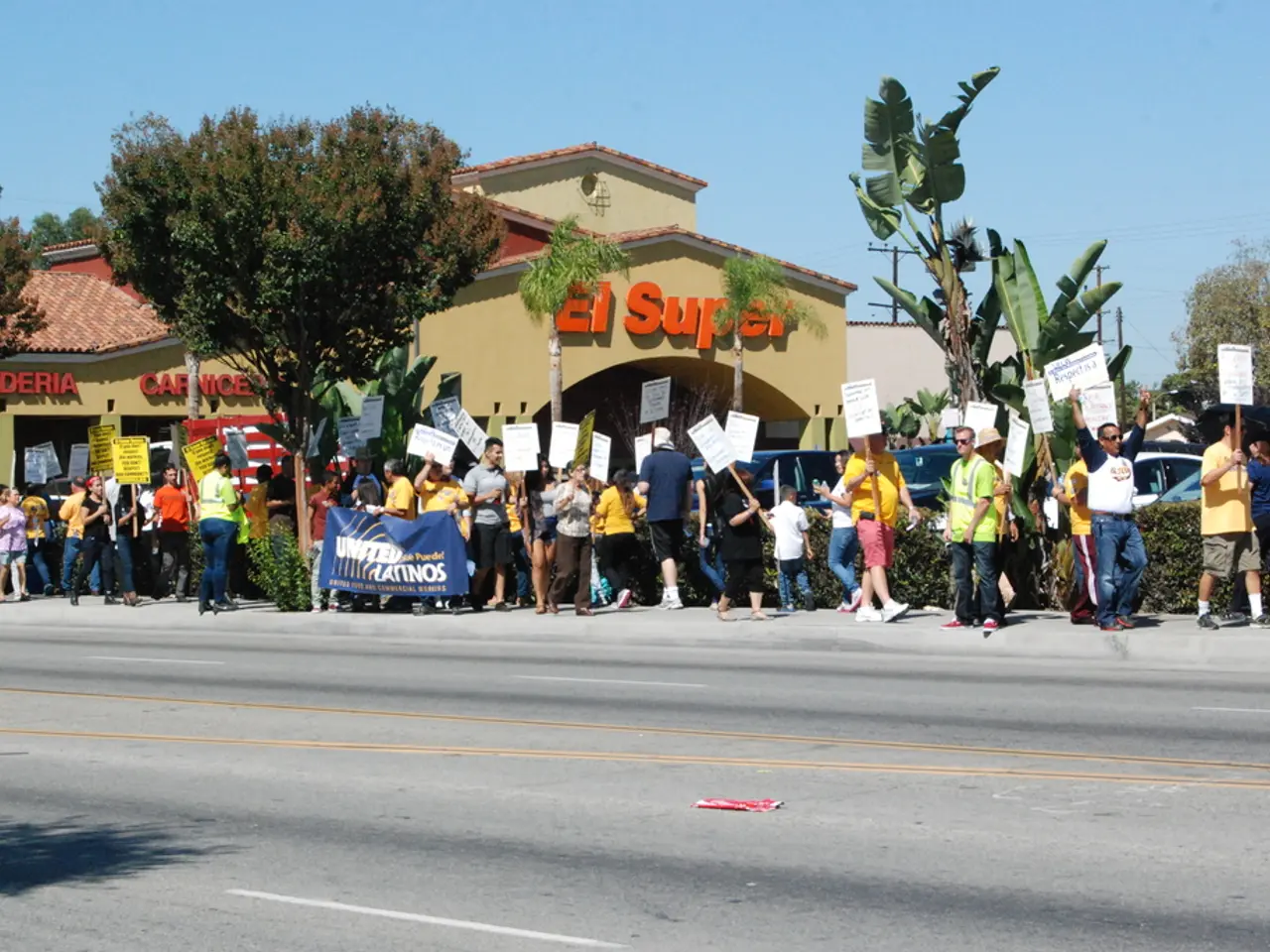Strategies for Post-Election Restoration
The election campaign can be a learning opportunity for groups, organizations, and communities. It's a time to reflect on what worked well, what needs improvement, and what we've learned. However, it can also take a toll on individuals, leading to symptoms of burnout. To recover, it's essential to prioritize rest and mental health.
After a stressful period like an election, the body can become vulnerable to illness. So, it's crucial to eat well, drink lots of water, and dose up on vitamins. Taking care of our basic physical needs is vital for mood regulation and stress coping.
Limiting exposure to stressful political news and social media is another key strategy. Curating what you see or setting strict time limits for consumption can help reduce stress levels. Engaging in activities that help you decompress and reconnect with yourself, such as spending time in nature, doing art, light exercise, or socializing with friends, is highly recommended.
Maintaining connection with your activist or campaign community can provide emotional support and shared understanding. If stress becomes overwhelming, do not hesitate to seek professional mental health support specialized in political pressures, such as therapy or peer support groups tailored for candidates.
Key self-care tips and resources for post-campaign recovery include:
- Plan lighter days following major campaign events to decompress.
- Create a resilience plan identifying support contacts and self-care activities.
- Prioritize sleep, nutrition, and hydration to stabilize mood and energy.
- Limit exposure to political news and social media to reduce stress.
- Engage in joyful, grounding activities outside politics (nature, art, movement).
- Stay connected with your campaign or activist community for shared support.
- Seek professional help (therapy, coaching) familiar with political stress.
- Use mental health apps for meditation and emotional regulation.
- Take mental health days when necessary without guilt.
- Set boundaries on political conversations and news consumption.
These strategies combine to support emotional recovery, restore energy, and build resilience after the intense demands of an election campaign.
Remember, it's important to appreciate yourself and others, regardless of electoral outcomes. Immediately after an election, theories about the outcome may lack enough information, reflection, and analysis to be trustworthy. Take time to enquire, learn, and form your own opinions.
There are several resources available for activist wellbeing and campaign debriefs, such as 10 Great Resources On Activist Wellbeing, Campaign Wellbeing Bingo, Running Effective Campaign Debriefs, and more. Don't hesitate to share these resources on social media platforms like Twitter, Facebook, LinkedIn, and email.
Lastly, it's essential to remember that social change is bigger than electoral politics, and progress can take various forms. Sometimes it moves forward, sometimes in leaps and bounds, sometimes backward. But we keep going, and these strategies will help us do just that.
[1] Source 1 [2] Source 2 [3] Source 3





